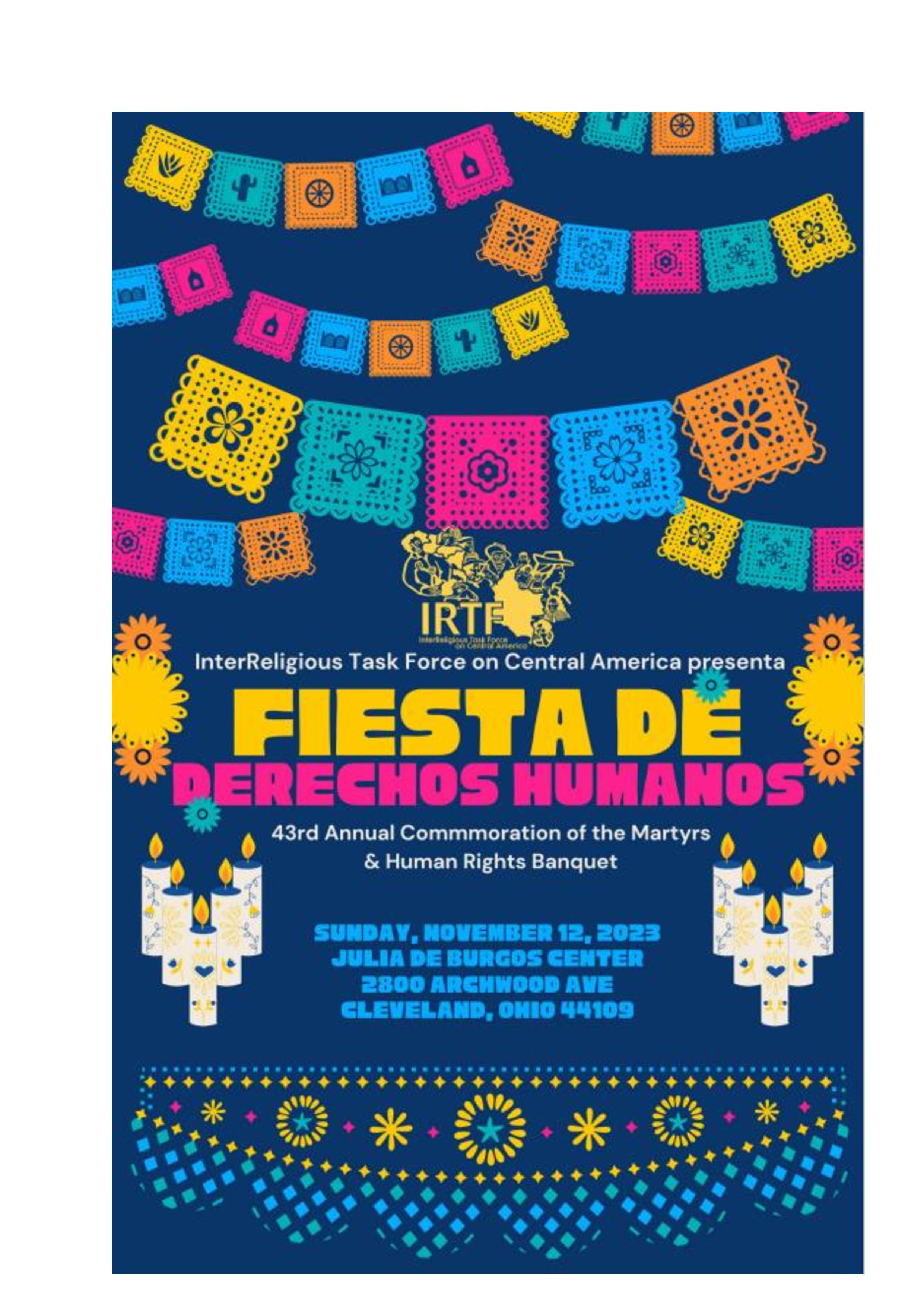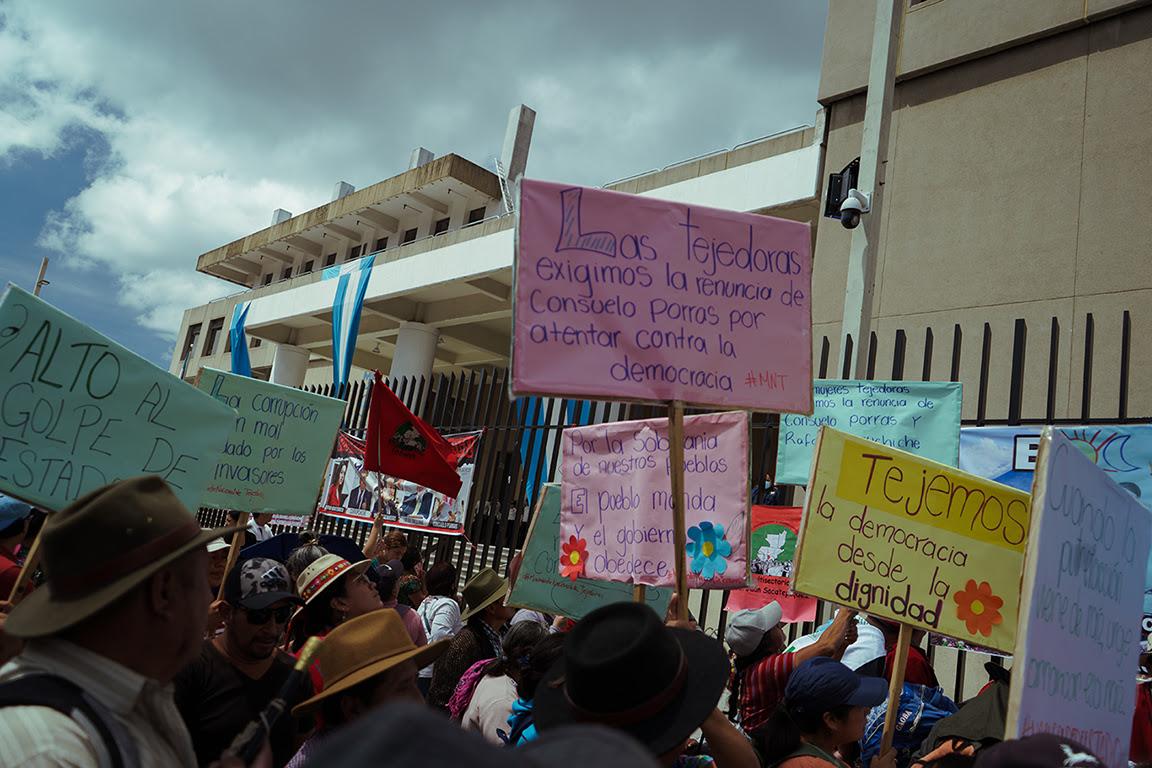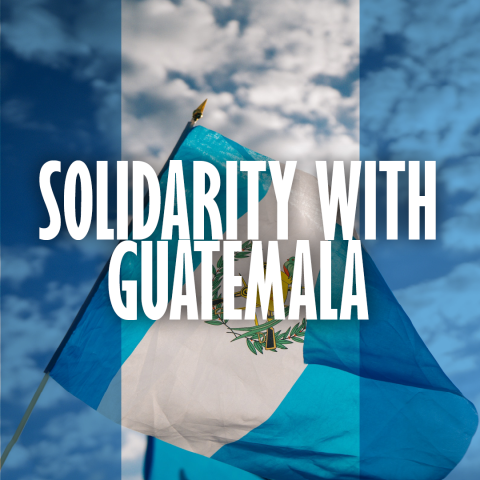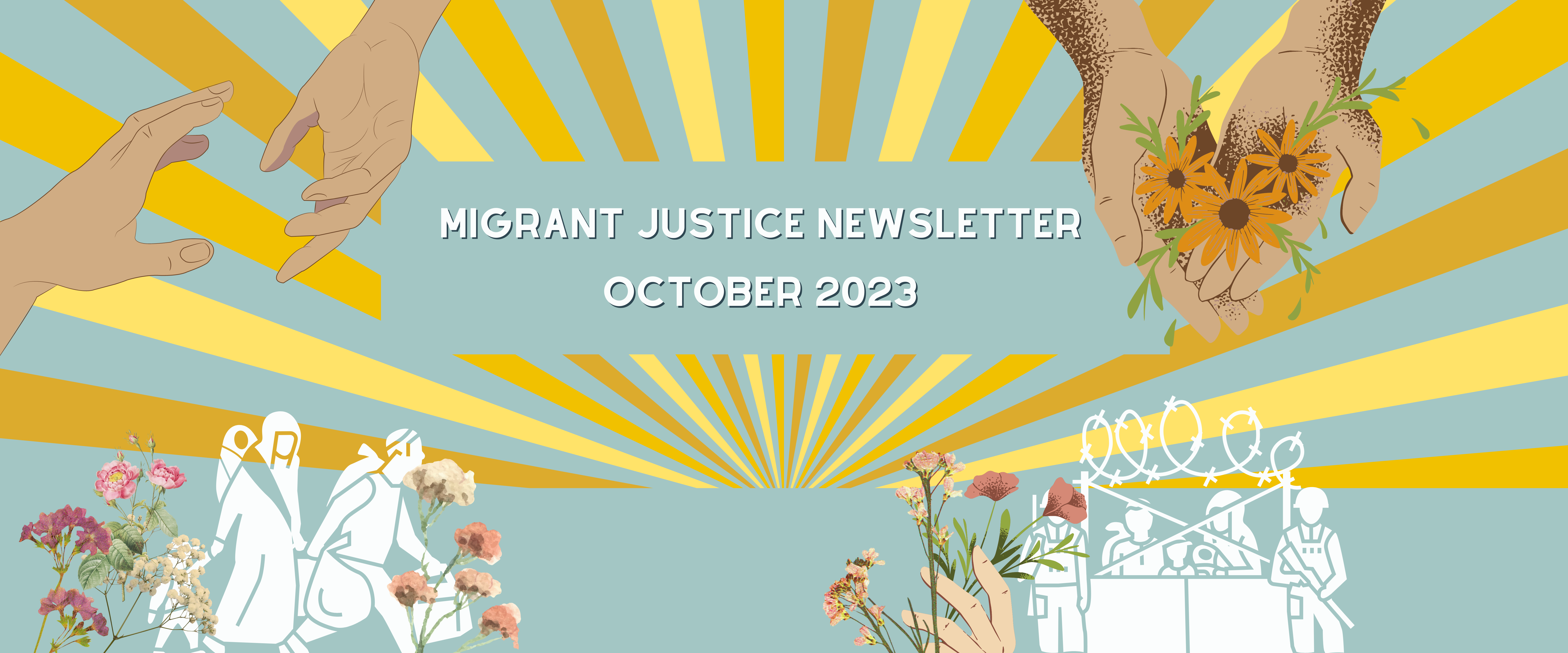You can read this monthly newsletter at https://www.irtfcleveland.org/blog.
When we hear about the Border Patrol apprehending people along the southern border, we tend to imagine people from Mexico or Central America. But the national origins of migrants are much more varied, and the Border Patrol isn’t exactly “apprehending” as many people because most are turning themselves in at ports-of-entry.
In this month’s newsletter, we report that 100% of Haitians encountered by the Border Patrol affirmatively presented themselves at ports-of-entry, as did 88% of Cubans and 96% of Russians. Although Customs and Border Protection (CBP) is reporting increases in the number of migrants it “encounters,” (an 82% increase from June to July; a 36% increase from July to August), the numbers of migrants encountered by CBP are still well below the numbers from 2022.
Mexican nationals still top the numbers of encounters by CBP. But current trends indicate that Venezuelans might soon push them out of that number one spot.
To slow the migration of Venezuelans to the US, the Biden administration is taking some new steps. One: Biden signed an agreement with President Maduro to lift some of the economic sanctions on Venezuela and, in reciprocity, Maduro agreed to start accepting deportation flights of Venezuelans. Two: Biden announced in September that it will allow Venezuelans who entered the U.S. on or before July 31 to receive temporary protected status, allowing them to apply for a work visa and deferred deportation for 18 months. Three: Biden plans to spend $10 million in foreign aid to help Panama deport more migrants who do not qualify for asylum protections. Four: In June, the US opened two Safe Mobility Offices in Colombia (as it has in Costa Rica and Guatemala) to consider nationals from Cuba, Haiti, and Venezuela for humanitarian protection or other legal pathways. Five: The US had made deals with Panama and Mexico to begin deporting citizens of Venezuela from their countries.
Since Venezuelans can no longer get visas to fly to places like Mexico, many are been voyaging through the deadly jungles of the Darién Gap that lies between Colombia and Panama. According to the government of Panamá, 334,000 migrants have made the trek since January; 60% have been Venezuelan. The $10 million Biden is offering to Panama (see above) is intended to push US border enforcement south from the US-Mexico border to the Panama-Colombia border.
Migration justice advocates continue to call for addressing structural issues in Latin America that are pushing emigration. Many of those issues are caused by, or exacerbated by, US policies (e.g., militarization of security forces, economic sanctions, mineral extraction, support for non-democratic regimes). Unless people see hope of real change and can envision raising their families in safe environments at home, migration will continue. But the US continues to respond with militarized borders, criminalization of migration, mass incarceration, and deportation.
--------------
DONATE: Please consider supporting IRTF’s Migrant Justice work. Click HERE to donate. Thank you.
---------------
Welcome to IRTF’s October 2023 newsletter on Migrant Justice and the current situation at the US-Mexico border! After you’ve looked through the articles, we hope you can take a few minutes to see the TAKE ACTION items at the bottom.




